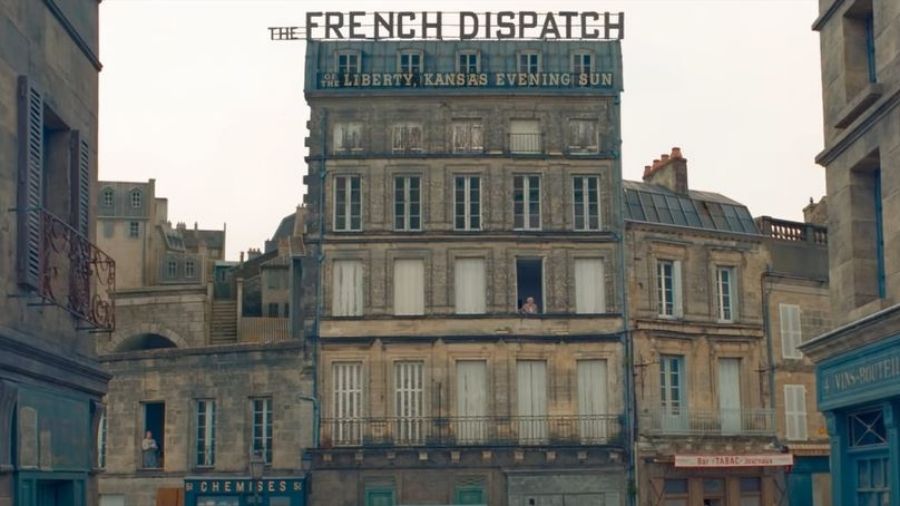How Seahawks legend Marshawn Lynch ‘weaponized’ silence
Jun 3, 2019, 6:08 AM | Updated: 1:11 pm
One of the breakout hits of this year’s Seattle International Film Festival has proven so popular, that a rare third screening was already been added before it even had its first showing. Lynch: A History premieres Monday, plays again this Wednesday, and, according to its director David Shields, will occupy one of the coveted “TBA” slots on closing night, this coming Sunday.
Lynch: A History is a powerful and provocative documentary about Seahawks legendary running back Marshawn Lynch. This extraordinary film chooses to focus not on Lynch’s football skills, but rather on his rhetorical ones. Writer and director Shields talked to me in an in-depth sit-down interview, about how exactly Lynch weaponized his silence.
Shields starts off by contrasting the styles of three major Seattle sports figures: Gary Payton with the Sonics, Ichiro with the Mariners, and Marshawn with the Seahawks.
Tom Tangney’s Top 10 SIFF picks for 2019
Payton, Shields noted, was famous for his trash talk. Ichiro in turn “transgressed” through “intentionally mangling American sports cliches.” Lynch, though, was arguably the most impactful of the three, choosing to speak through his silence.
Because of that, Shields sees the Seahawks legend as a rhetorical role model.
“He has really weaponized it — he has shown how much poetry, and majesty, and in a way, politics there are in staying cussedly silent,” Shields said.
And the few times Lynch does speak, people tend to listen and remember. But poetry?
“In saying, ‘I’m just here so I won’t get fined,’ it’s a weirdly poetic phrase, because it’s about capitalism — that we’re all here so we won’t get fined,” he pointed out.
I asked Shields if he had any trepidation about being a white man analyzing how a black man speaks.
“Of course!” he said.
That’s part of the mission of Lynch: A History, too, to “shut up and listen” to Lynch.
And when Shields’ film does that, it becomes clear Lynch uses many approaches, but one strategy trumps them all.
“It’s not just him being a court jester … really the core of the film is to argue as strongly as we can that Marshawn is using silence as a form of resistance, protest, and defiance,” said Shield.
And of course, the infamous Super Bowl goal line pass play gets a lot of attention, attacking it from a political angle.
Shields cites a quote from jazz legend Louis Armstrong, where he says, “Nothing new, white man’s still ahead.” To Shields, Lynch viewed a Super Bowl play where Wilson, the “more assimilated African-American,” got the ball as something of a slight.
But does Shields think Marshawn Lynch thinks the play call was overtly racist?
“One could argue that it was an unconscious thing,” he said.
Regarding that, Shields said we should pay special attention to Lynch’s facial expression immediately following the Super Bowl interception.
“Marshawn’s reaction is fascinating afterwards, oddly not happy, but this wonderful cat-has-eaten-the-canary smile, which is sort of ‘nothing new, white man’s still ahead.'”
My entire half-hour video interview with David Shields can be seen in the embedded video above.













